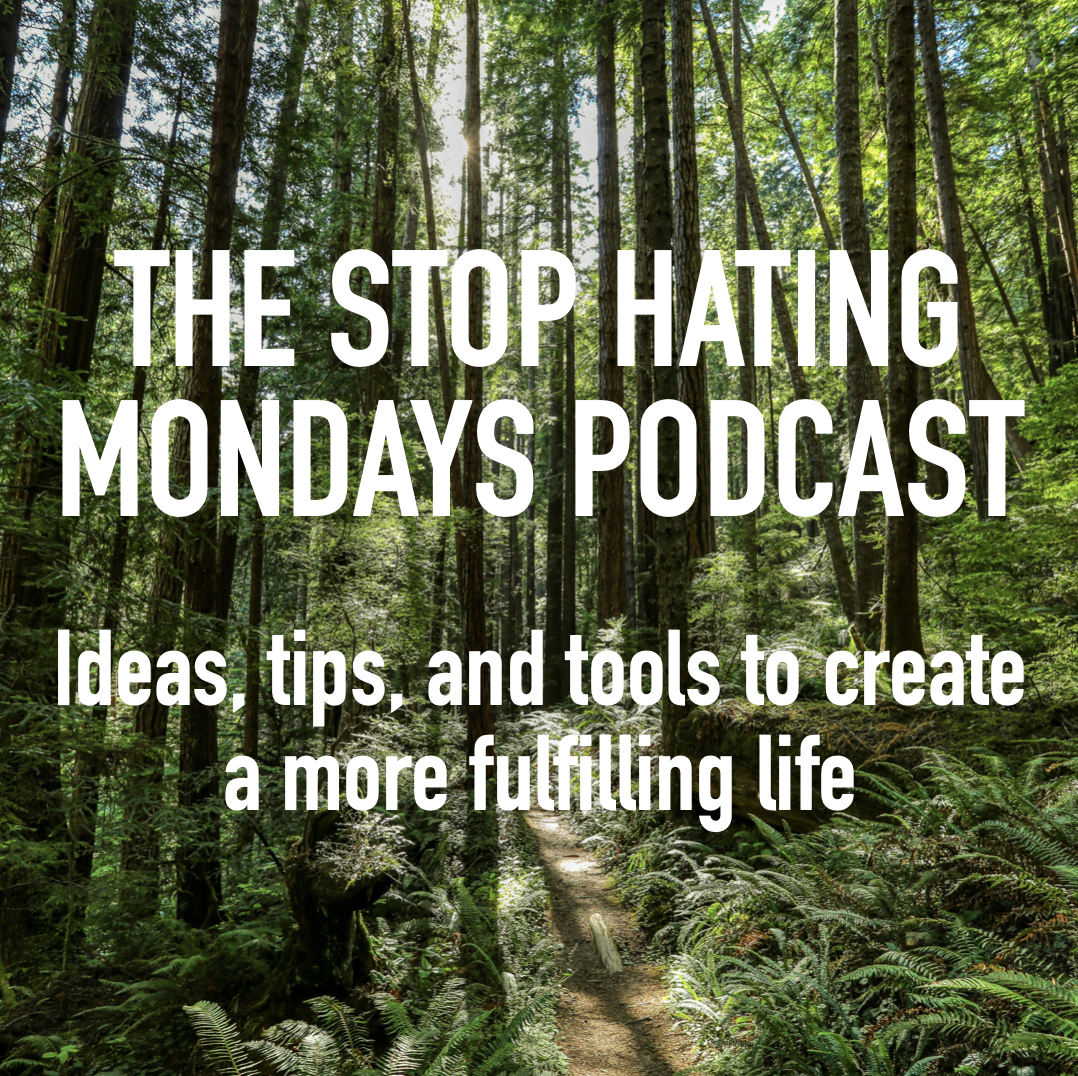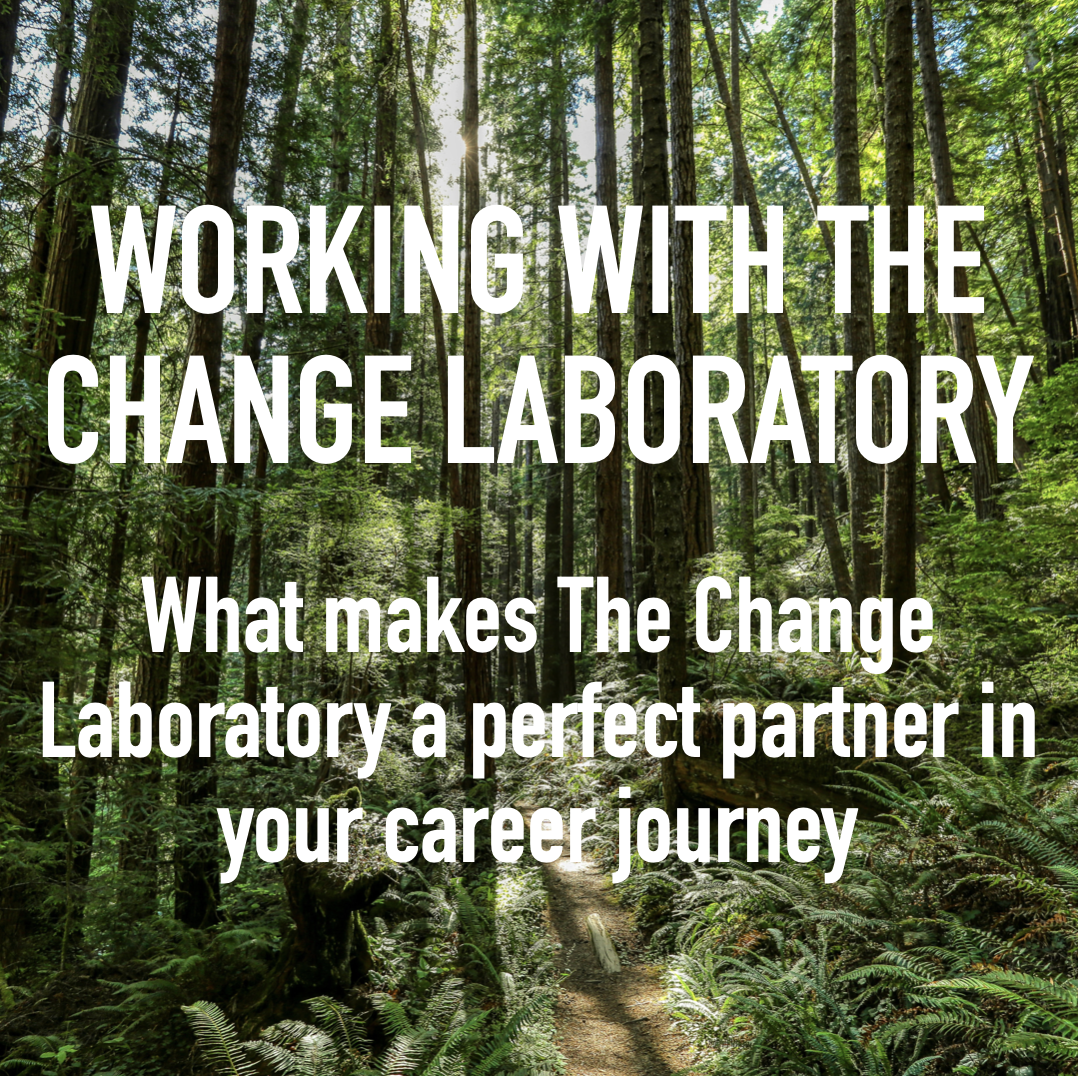How to Keep Employees From Leaving
Kent R.
The “Great Resignation” – a term that we think is a pretty lazy way of speaking to the current phenomenon of increased job mobility – has smart employers evaluating and re-inventing key aspects of the organization in order to secure and retain people. One of the first lines of attack (or defense, if we’re talking about retention) is to tweak compensation in order to stay competitive. It’s an easy way to attract talent, and it can be a great way to keep people from leaving.
But a lot of companies aren’t ready, comfortable, or willing to go deeper when considering benefits. And that’s what we’re talking about today on the Stop Hating Mondays Podcast – the less obvious ways to think about benefits and, ultimately, make sure you aren’t hemorrhaging people the moment – like now – that they have some room to move.
TRANSCRIPT
(Transcripts are auto-generated and may contain minor errors)
Caanan
The great resignation – a term that we at The Change Laboratory think is a pretty lazy way of speaking to the current phenomenon of increased job mobility – has smart employers evaluating and reinventing key aspects of the organization in order to secure and retain people.
One of the first lines of attack (or defense if we're talking about retention) is to tweak compensation in order to stay competitive. It's an easy way to attract talent and it can be a great way to keep people from leaving.
But a lot of companies aren't ready, comfortable, or willing to go deeper when considering benefits.
And that's what we're talking about today on the Stop Hating Mondays podcast. I'm Caanan. Kent and I are talking about some of the less obvious ways to think about benefits and ultimately make sure you aren't hemorrhaging people the moment like now that they have some room to move.
Caanan
Here's a question a business client asked us recently that I think kind of sums up the thinking of a lot of business leaders. She said, “I think our company has great benefits, but it still feels like everyone is quitting. What do people want in a company?”
Actually, I'm going to… I'm going to put emphasis on that. “What do people want in a company?”
Kent
Yeah, that's funny.
These last couple years have been interesting, and we talk of benefits like monetary benefits, your salary, and then other benefits. Your medical and child care. Things like that. But what companies aren't realizing – as we get into these consulting projects – like you're referencing – is there are a lot of other things that keep people around other than salary, predominantly, and other benefits.
And one of those things, to answer your question… Wait, the question was why are people still quitting?
I would say that a big part of that is because people are not seeing the kind of social change or the commitment to social causes that they want to see in companies.
Some are getting the memo and many are, I would say… We just had this talk recently with a corporate client… Many people find working in an environment devoid of that culture of commitment to social change intolerable.
Caanan
Oh yeah, yeah, that word comes up intolerable.
Kent
So these equity efforts are huge, and specifically, I mean long gone are the days…
Long gone! How much things have changed in two years!?
But the days of talking the talk are over.
No more is it satisfactory to say, “we believe in supporting people of color and hiring people of color and people from the LGBTQIA+ community” and all of this lip service, which was traditionally satisfactory.
Now candidates and employees are checking receipts.
We were recently working with a candidate and, you know, they were saying I don't really want to work for a company that doesn't have black leadership at some level. And the charge then is to have this person in interviews and on their own or through their own investigating see how many Black leaders there are.
It's not enough that the website says we support this, right? You want to actually see how many black leaders there are, and I do want to highlight here.
For instance, Alaska Airlines – based here in Seattle, where we are – they're one of the companies that is holding themselves accountable in a way where they're making public – not only too employees, but to the public at large – Some of these statistics, how they're doing year over year, so they talk about you know what kind of racial diversity do they have on their frontline and in leadership? And most importantly, how much has it moved?
Moved, they talk about culture.
They want the Alaska culture to be a place where everybody sees themselves… feels that they belong and can do their best. So they give very specific information. They talk about delivering a training to 23,000 employees. What kind of improvement they've made from year over year. And they talk about, for instance, increasing their inclusion index score or in the next Employment Engagement survey by 10 points.
So very specific metrics that they set themselves up for and that they disclosed. So, long answer to your question, but companies need to be more on board with social change and commitment to that.
Caanan
And this is incredibly important from an employee perspective because – we're not big advocate advocates of finding too much meaning in your work. That gets a little scary – but the company we work for is a representation of us and we want to make sure the company's values align with our own values. And if diversity is important to you, as it should be, you want a company to be going beyond the PR and to have some, as you said, receipts around the changes they're making and some ways that they're actually showing action in these areas.
Kent
Absolutely! 'Cause your future workforce knows it's not cool to be aligned with a company that isn't inclusive and people don't want to be part of a company that isn't actionably making change to make their workplaces more inclusive.
Caanan
You talked about culture as a benefit in a previous podcast.
I think it was last season.
What's one thing a company can do to improve their culture and, by extension, their benefits?
Kent
This is a very interesting question because – and this is something, you know, we've had to adjust to in the advice we give candidates and the advice we give organizations – talking about culture is a very fraught thing because there's a tendency, especially if you're involved in hiring or a manager – these are things that, even if you're not directly involved in, you're probably aspiring to – we have a tendency to like to be around people like us. So for me, I enjoy running and traveling. So I'm naturally going to have a greater interest in candidates and coworkers that share those interests.
We talked about fit, which took a huge change in 2020. You know, there's often… historically, there was very often a fit interview if there was a long, mmulti-phase interview process, and there's still many interviews that that serve that function, but it's, yeah, using the word fit can get very fraught.
Because what does fit mean?
Caanan
Yeah, is fit being used to homogenize an organization or just hire people who adhere to the existing look and feel of the company culture?
Kent
Yeah, totally, and if, you know, you're taking the final candidates and trotting him around the workgroup and the workgroup is minimally trained on this stuff. People are only human. Just as I said in my prior life, before becoming a consultant, you just gravitate toward people that have the same interests in you.
So then, when the hiring panel is doing the wrap up with that work group that the candidates were trotted through, people were just gonna like. “oh Sally seemed really nice! She knits, and I knit. Those kinds of things.” So you just have to be very careful.
This is why we talk about fit and add. Fit is important. You want somebody who will thrive in the culture.
So rather than saying, “this person is just like me, they'll do well here,” thinking “will this person thrive in this organization? And what will they add to the organization?”
Caanan
So we call that culture fit and culture add.
Kent
Yes, so it's not that looking at fit is bad. It's important. But you need to be very careful about how you look at fit. So adding in culture add is a very important element because the idea is you want to add to the culture. You're always looking for the most qualified candidate. But you say if it's a tiebreaker, you want the person that can add something to the culture of the workgroup.
Caanan
OK, I'm excited to get your thoughts on this Kent.
Why do you think companies are so reluctant to shift from just looking at culture fit to also seeking out culture add?
Kent
Yeah, I don't know if it's as much of a reluctance as it is like anything else.
In a corporate culture, change takes work, you know?
This is what we're about. Change. And it means having to flex a little more muscle. Work a little bit harder to not just think of fit, but to think about culture add.
And when you get honest about culture add, that can point a finger right back at the pool of candidates you have vying for a job. And it might point out that this company isn't doing a great job of attracting a diverse pool of applicants from which to make a culture add decision.



